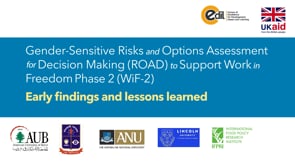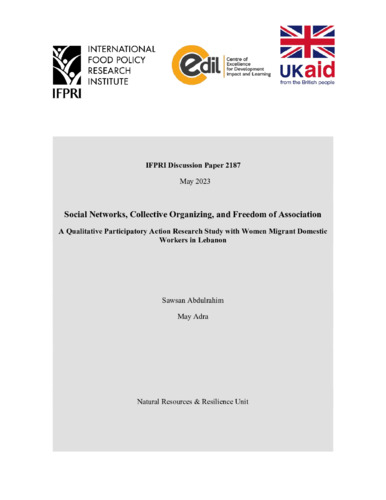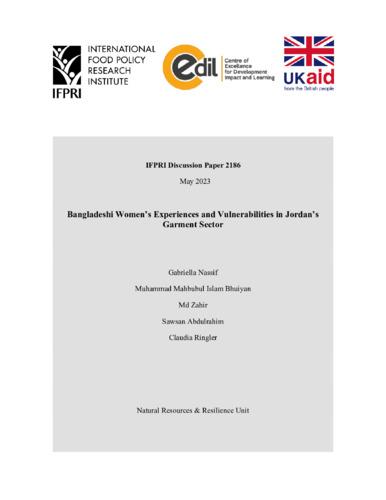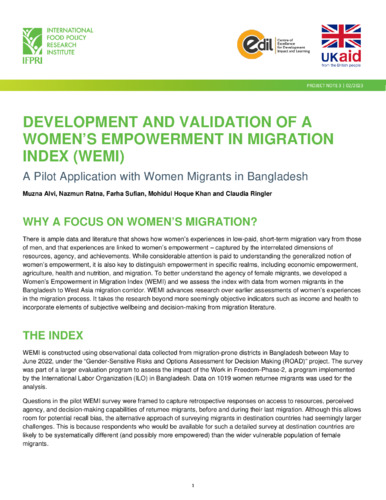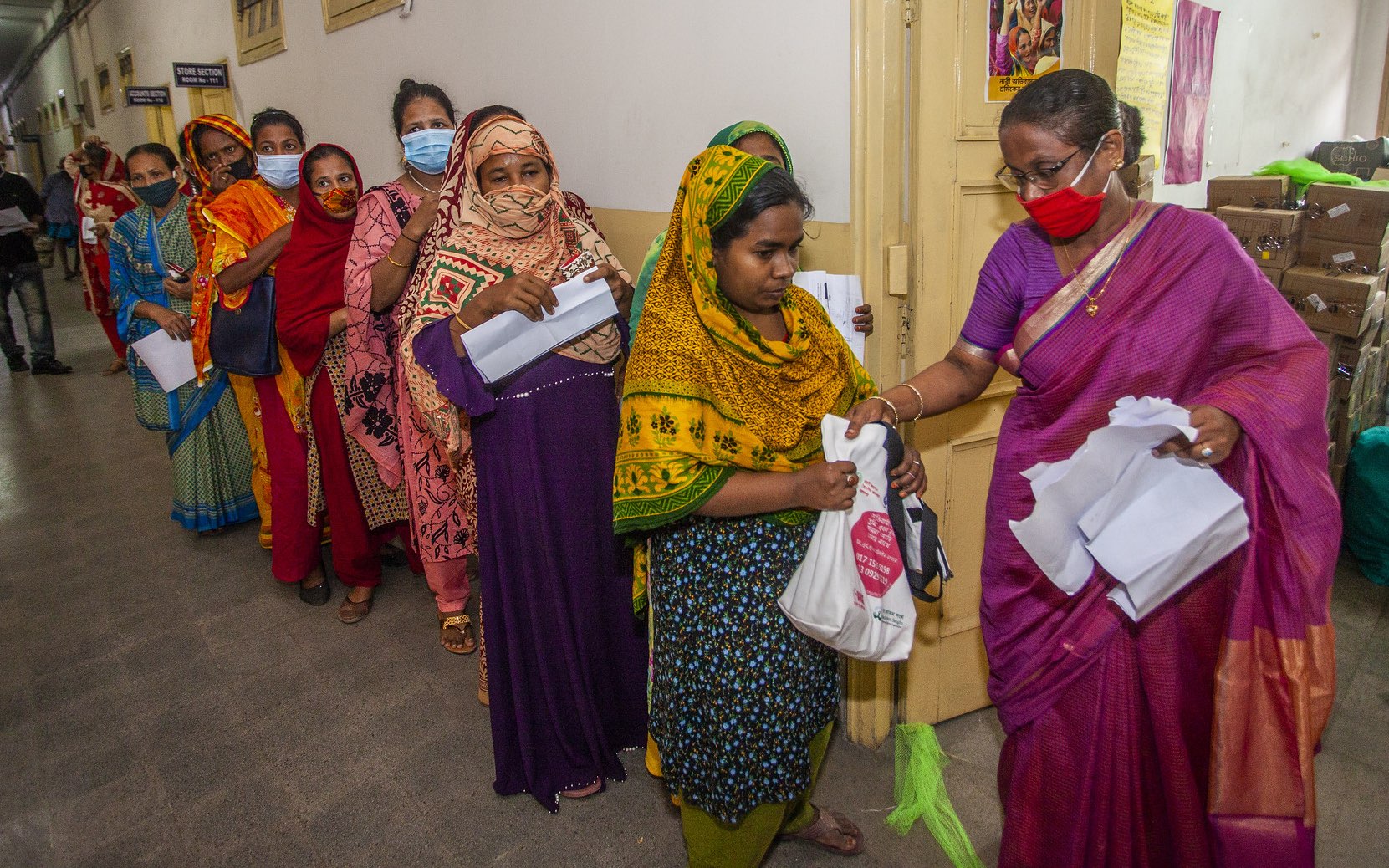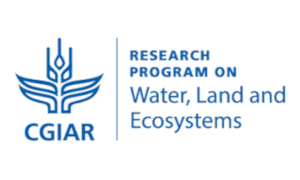Evidence on the number of people affected by forced labor and trafficking is scant and includes any of the following: 1) unfree recruitment, 2) work and life under duress, and 3) impossibility to leave employer. Trafficking also includes debt bondage and involuntary child labor. This study will assess the FCDO supported ILO led program Work in Freedom Phase 2 (WiF-2) which aims “to reduce vulnerability to trafficking and forced labor of women and girls across migration pathways leading to the care sector and textiles, clothing, leather and footwear industries (TCLFI) of South Asia and Arab States”. To assess the impact of WiF-2 we will apply a gendered Risk and Options Assessment for Decision-Making (ROAD) process as well as mixed quantitative and qualitative data collection and will measure a series of indicators, such as the modified women’s empowerment in agriculture index (WEAI) to understand how WiF-2 has contributed to reducing forced labor and trafficking. The project will also implement a social network experiment in the employment space.

Claudia Ringler
Director, Natural Resources and Resilience (NRR), Natural
Resources and Resilience




